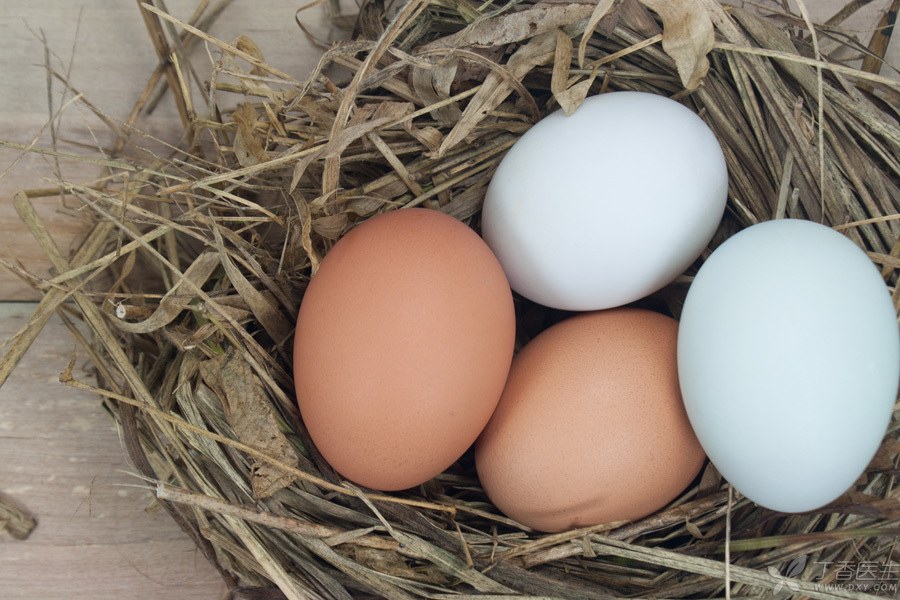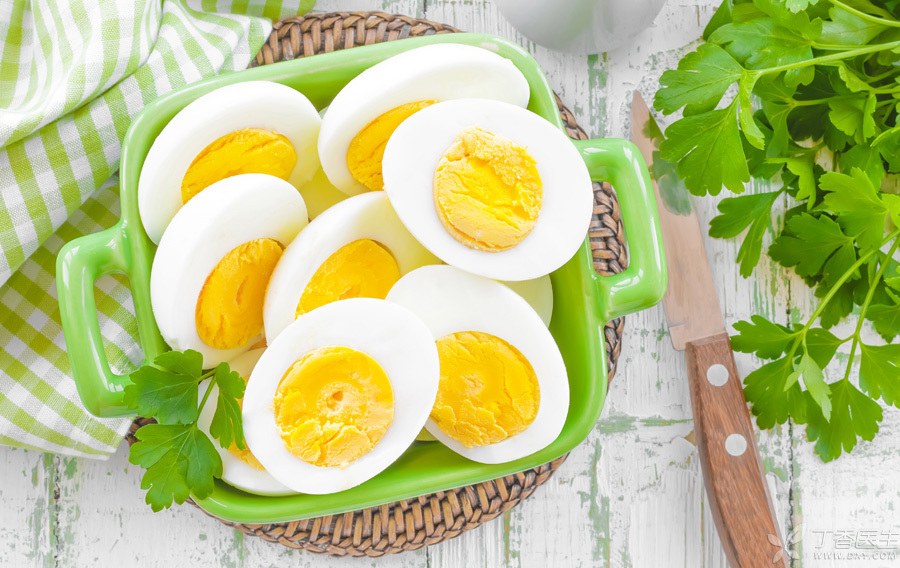Eggs are one of the most used ingredients in daily life.
The protein type and amino acid composition ratio of eggs are perfect. In addition, the price is close to the people and the production methods are various. It is simply the best and cheapest food on the planet.
It is precisely because they are common and often eaten that nutrition doctor Wang Xingguo specially sorted out 10 egg eaters [no] to make everyone eat healthier and more at ease.
STEP 1 Don’t eat too many eggs
Eating one or more eggs a day does not increase the risk of cardiovascular disease or diabetes.
But like any other food, although eggs are good, don’t eat too much.
< < Dietary Guidelines for Chinese Residents 2016 > > > It is recommended not to eat more than 7 eggs a week when other foods (milk, meat, fish and shrimp) are normally ingested.
Of course, if you don’t eat enough milk, meat, fish and shrimp in your diet, or you especially like eggs, or you need to supplement protein while exercising, you don’t have to worry about what.
Step 2: Don’t discard egg yolks

Many people worry about cholesterol in egg yolk.
Indeed, egg yolk contains more cholesterol, and the cholesterol content of an egg yolk is as high as 280 milligrams.
However, there is no evidence that eating more cholesterol can lead to hyperlipidemia or heart disease. < < Dietary Guidelines for Chinese Residents 2016 > > also lifted the limit on cholesterol in daily diet.
In fact, egg yolk is a real treasure house of nutrition. It is rich in high-quality protein, monounsaturated fatty acid (oleic acid), lecithin, vitamin A, vitamin B1, vitamin B2, calcium, iron, zinc and other nutrients. Don’t discard it at will!
Step 3: Don’t eat raw eggs

Relatively speaking, raw eggs are not easy to digest, but also easy to be contaminated by bacteria, with certain safety risks.
Therefore, it is not recommended to eat eggs raw. Some people like to eat raw eggs, so weigh the taste against safety and hygiene.
STEP 4 Don’t overcook or fry
Boiling or frying are the most common ways to cook eggs. Remember not to overdo them.
If the decocting time is too long, the protein will solidify excessively, the eggs will harden and toughen, and the taste and digestion and absorption will be affected.
STEP 5 Do not store eggs at room temperature

Now the temperature is high, eggs are more likely to deteriorate at room temperature.
It is recommended to refrigerate eggs so that they can be stored for more than a month.
When buying packaged eggs, you should look at the label. The quality of eggs within one week is relatively better.
6. Don’t supplement iron with eggs
The iron content in egg yolk is rich, but it is difficult to absorb.
Because a substance called yolk hyperphosphoprotein in egg yolk inhibits iron absorption, the absorption rate of iron in egg yolk is only about 3%. Red meat, animal blood and other iron supplements will be much more efficient.
7. Don’t care about eggshell color

Red-skinned eggs and white-skinned eggs are all good eggs.
Egg skin color is a [porphyrin] substance, which is related to chicken breeds, but there is no big difference in nutritional value between the two.
Red skin or white skin, just choose your favorite color.
8. Don’t be superstitious about native eggs
Native chickens refer to free-range chickens that mainly feed on worms, vegetables and weeds.
Many people think that [native eggs] should be better than [foreign eggs] kept in captivity and fed in chicken farms, but the test data do not support this speculation.
Comparatively speaking, the content of protein, carbohydrate, cholesterol, calcium, zinc, copper and manganese in native eggs is slightly more, while the content of fat, vitamin A, vitamin B2, nicotinic acid and selenium is slightly less. Generally speaking, the nutritional value of native eggs is not much different.
However, due to the factors of chicken eating, native eggs will contain some flavor substances, which may make diners feel better.
9. Don’t believe that eggs and soya-bean milk are compatible.

There are trypsin inhibitors in soybean milk, which can inhibit protein digestion and affect nutrient absorption of eggs.
However, as long as soybean milk is fully boiled, this substance will be destroyed and will no longer affect protein digestion and absorption.
So rest assured, when drinking soya-bean milk for breakfast, please mix white boiled eggs, tea eggs and poached eggs at will, and don’t worry at all. However, it is not a good habit to drink raw eggs into hot soya-bean milk because it increases the risk of infection.
10. Don’t Ignore Egg Allergy

A study of children aged 3-12 in China shows that 8.4% of children have food allergy, with egg allergy being the largest, accounting for more than half of all allergic people.
People with egg allergy should pay attention to the labels of processed foods, which sometimes remind them of eggs or other sensitized foods.
Eggs are a good ingredient. But I hope you can eat delicious and healthy. I wish you a good appetite!
Why don’t you add an egg at noon?
